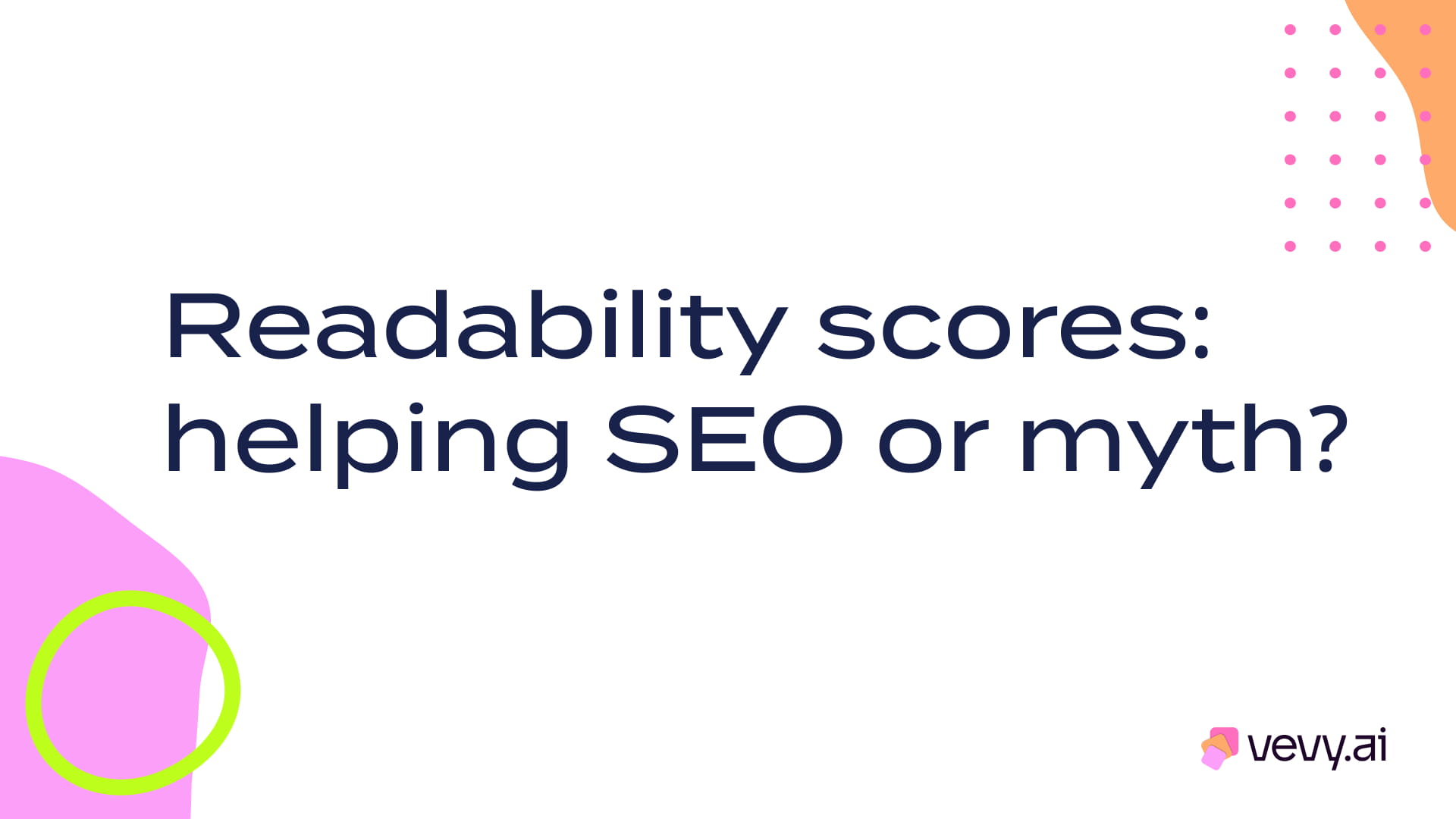What are entities in SEO? How to use them in your online store?
What are entities in SEO? How you can use them for your Shopify store?
by Narmina Balabayli
Entities = specific “things” Google understands (brand, product type, material, location, occasion).
Entities add meaning beyond keywords, so you rank for more high-intent searches.
Use entities in titles, descriptions, collections, filters, and internal links.
Add schema (Product/Brand/FAQ) to make entities crystal clear.
Entities are specific, distinguishable things or concepts that answer questions like "who," "what," "where," and "when". Entities help search engines to understand a website or a web page based on the entities usage and the relationships between them.
Search engines understand those concepts used in the content based on the context and other entities to understand what your page or whole website is about.
When you optimize for entities rather than just keywords, you're helping search engines grasp the contextual meanings behind your products and connect them to what shoppers actually want.
For ecommerce businesses, this means your products appear for more relevant searches, attract higher-quality traffic, and convert at better rates.
How entities are different than keywords?
Keywords are exact words or phrases you use in your web content, entities are specific, identifiable things or concepts (e.g., a brand, person, product type, location) that gives meaning and context to those keywords.
For example, if you sell accessories for Apple products, to understand your web content, it'll look for the word or phrases like "smartphone", "iPhone", "iPad", etc. in your website to understand what your website is about.
Or, if you use words like "calories", "fruit", "tree", "vinegar" alongside the "apple", Google will understand that the web page is about apple as a fruit.
How entities help e-commerce stores ranking
For e-commerce sites, entities includes brand name, product type, category, tag, attributes, location, and even shopping occasions (back-to-school, etc.).
For example, when you use entities like “hiking” “New York”, "Sketchers", Google understand that, your store isn't just selling "shoes". This semantic relevance means search engines can match your product pages to more specific buyer intents.
How to use entities for eCommerce stores?
You can use entities in your online store to rank better on:
Product titles and descriptions
Collections and navigation
Product filters and attributes
Internal linking
Schema markup
Content around entities
1. Use entities in product titles and descriptions
Besides blog posts and other content-rich pages, most of your website content comes from product descriptions.
Start by enriching each product title and description with clear entity markers that Google can recognize.
For example, instead of writing “great shoes for running,” make it more specific and structured:
You can combine entities in a natural way like:
Brand + product type + key attribute + use case + location/occasion if relevant.
Example: “Sketchers Cushioning Running Shoes ‘Navy Edition’ for Marathon Distances on Pavement.”
Example product description:
“This Sketchers Running Navy Edition is ideal for 5K marathon training and long runs on pavement.”
This approach helps search engines understand exactly what you’re selling and who it’s meant for.
2. Add entities to product collections and navigation
Your product category pages should establish clear entity relationships between products. To achieve this, you should create your product collections around entities. For example, a "camping gear" category should connect entities like "Coleman tents," "MSR stoves," and "sleeping bags for cold weather" to create a comprehensive topic cluster.
As an example, you can name menus in navigation and product collections like the following:
Brand name (Adidas, Puma, etc.)
By product type (trail running shoes, etc.)
By activity/occasion (hiking, gym, marathon, back-to-school)
You can also include specific gift guides, curated collections, and time-based offers that search engines can clearly categorize and serve to ready-to-buy customers.
By categorizing your store pages and collections around SEO entities, you can build strong topical “hubs” that signal relevance.
3. Add clear product filters and attributes
Use consistent, clear attribute entities (material, size, color, style, sport) instead of random text generated every time you create a product.
Search engines pick up those facets and better understand your product catalog.
4. Practice internal linking
Internal linking is the practice where you link one page of your online store to another page. To practice internal linking on an online store, link entity-rich anchor text to the most relevant pages:
Try to use one entity for one main destination on your store whenever possible. For example:
“women’s trail running shoes” → trail-running collection
“wide-fit running shoes” → dedicated wide-fit page
5. Add schema markup
Schema markup is a type of structured data that helps search engines better understand the content on your website. Add schema markup to your product pages to explicitly define entities for search engines.
Add Product, Brand, Organization, FAQ, LocalBusiness schema with proper entity data (brand, GTIN, SKU, price, location). This connects your store’s entities to Google’s Knowledge Graph.
⭐️ Shopify apps for adding schema markup: Schema Plus for SEO & JSON‑LD, SearchPie: SEO, Speed & Schema
6. Build rich content around entities
Create useful, engaging content that connects directly to your customers’ interests. This can include product how-to guides, maintenance tips, trend insights, or comparison articles.
Start by choosing a topic and identifying related entities such as brand, product type, activity, material, or occasion. Then, write different types of content for that topic based on search intent:
Informational: helps readers learn something new.
Transactional: helps them compare or decide what to buy.
Commercial: encourages them to take action (e.g., purchase, sign up).
For example, here’s how you could use entities to cover the same topic — “running shoes” — for multiple intents:
Informational: “10 Best Marathon Shoes for Beginners in Hot Climates”
Transactional: “Hiking Shoes vs. Trail Runners: Which Is Better for Rocky Terrain?”
By creating content around these entity-rich topics, you help search engines understand your store’s expertise and improve your visibility for a wide range of buyer intents.
⭐️ Shopify apps for topic clustering: vevy.ai



